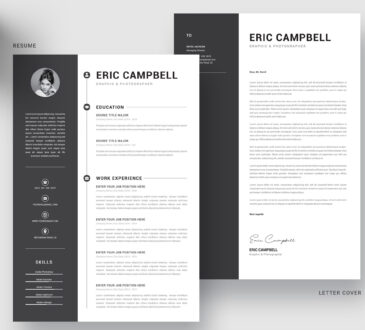
The financial services industry faces unique challenges regarding secure messaging and regulatory compliance. Financial institutions handle susceptible customer data and must adhere to strict data privacy, retention, and disclosure regulations. In this complex landscape, online notes are crucial in helping financial firms maintain secure and compliant messaging practices.
Secure messaging in financial services
- Financial institutions rely heavily on electronic communication to conduct business internally and with clients. Email, instant messaging, and other digital channels allow fast and efficient communication. However, the sensitive nature of financial data means that any messaging system must have robust security measures.
- Online notes offer a secure alternative or complement to email for sharing sensitive information. With online notes, financial professionals create password-protected, encrypted messages that authorized parties only access. This added layer of security helps prevent data breaches and unauthorized disclosure of private financial information.
- Online notes also allow for granular access controls. Different notes are shared with other individuals or groups, and access can be granted or revoked. This is especially useful in large financial institutions where different teams or departments may need access to certain information.
Regulatory compliance and online notes
The financial sector is heavily regulated, with multiple laws and guidelines around handling customer data, such as the Gramm-Leach-Bliley Act (GLBA), Sarbanes-Oxley Act (SOX), and SEC and FINRA rules. Financial institutions must demonstrate compliance with these regulations, including having systems in place to protect nonpublic personal information (NPI). Online notes help financial firms comply with secure data sharing and retention regulatory requirements. By keeping sensitive information in encrypted, access-controlled notes rather than sending it over email, firms reduce the risk of data falling into the wrong hands.
Some regulations require financial institutions to retain records of communications related to business dealings. Online notes assist with meeting these record-keeping requirements. Firms organize organization-wide policies to ensure notes are saved for the required period. Many online note platforms include compliance-friendly features such as archiving, e-discovery, and audit trails. This allows firms to easily search and retrieve past notes and demonstrate compliance to regulators. Some platforms even use machine learning to monitor notes for potential compliance risks.
Streamlining workflows with online notes
Enhancing security and compliance, online notes help streamline workflows in financial services firms. Notes provide a central repository for important information, replacing scattered messages and documents.
Team members collaborate on real-time notes rather than emailing versions back and forth. Everyone has access to the latest information Write your notes online using notesonline.com. Online notes are also easily searchable, so staff quickly fined past notes and discussions.
- Research notes and reports
- Meeting minutes and agendas
- Client communication records
- Documenting advice and decisions
- Compliance and audit trails
- Policy and procedure documentation
- Training materials
The ability to organize notes, organize the organization, and link between them further boosts efficiency. An institutional knowledge base can be built over time. Many firms go beyond simply a note-taking and sharing platform, combining their secure notes with secure messaging capabilities. Leading solutions integrate secure team messaging, online notes, and file sharing in a unified, compliant platform. Financial professionals seamlessly communicate and collaborate while maintaining security and compliance.
Implementing secure online notes is only half the battle. Employees must be adequately trained on when and how to use them to ensure consistent, compliant usage. Firms should establish clear guidelines around what types of information should be shared via notes versus email or other channels.



